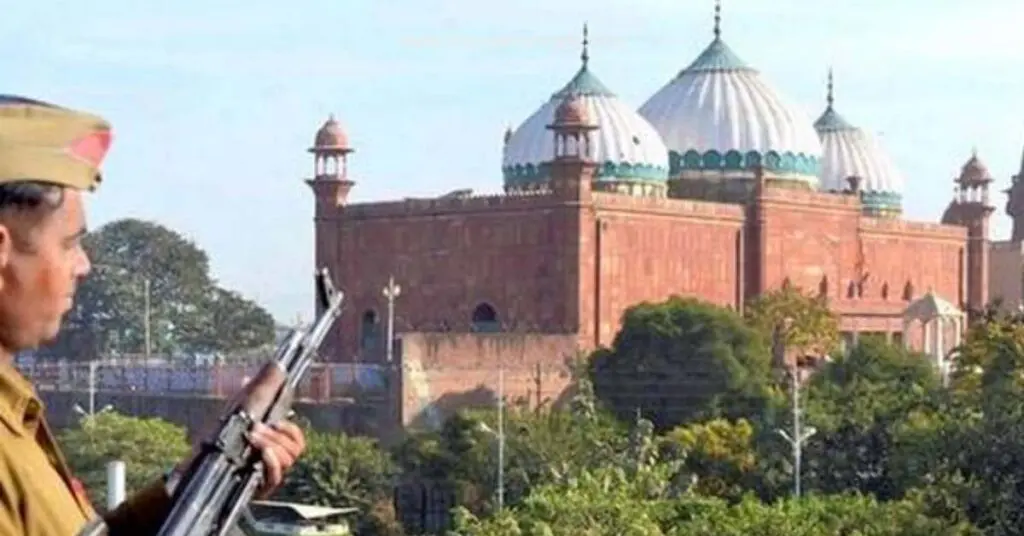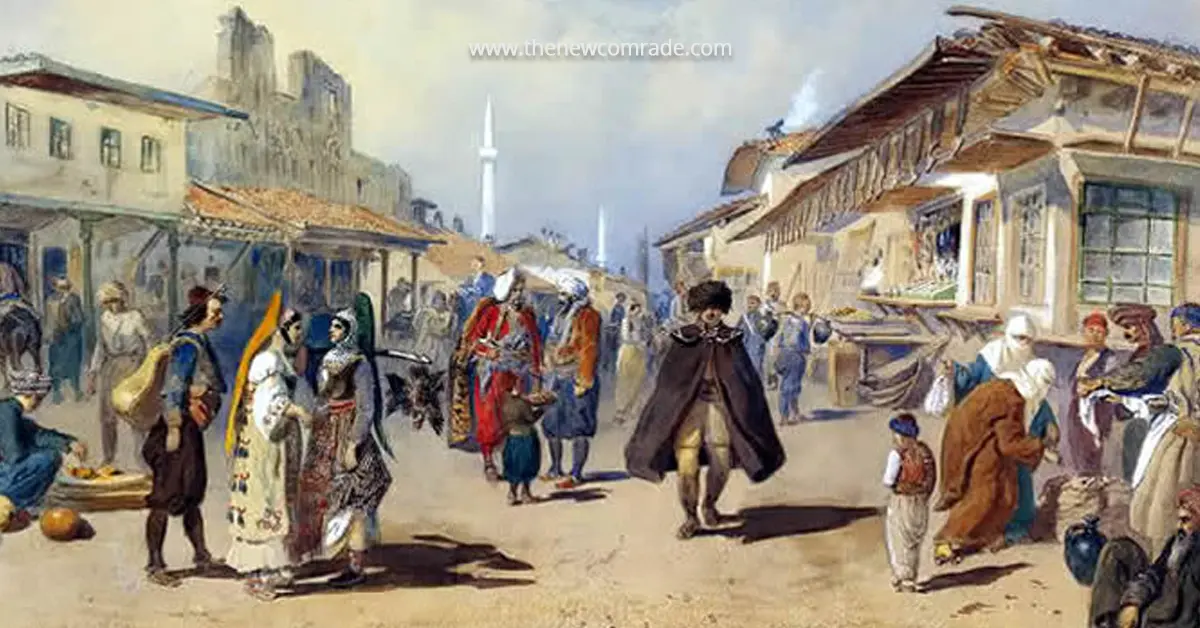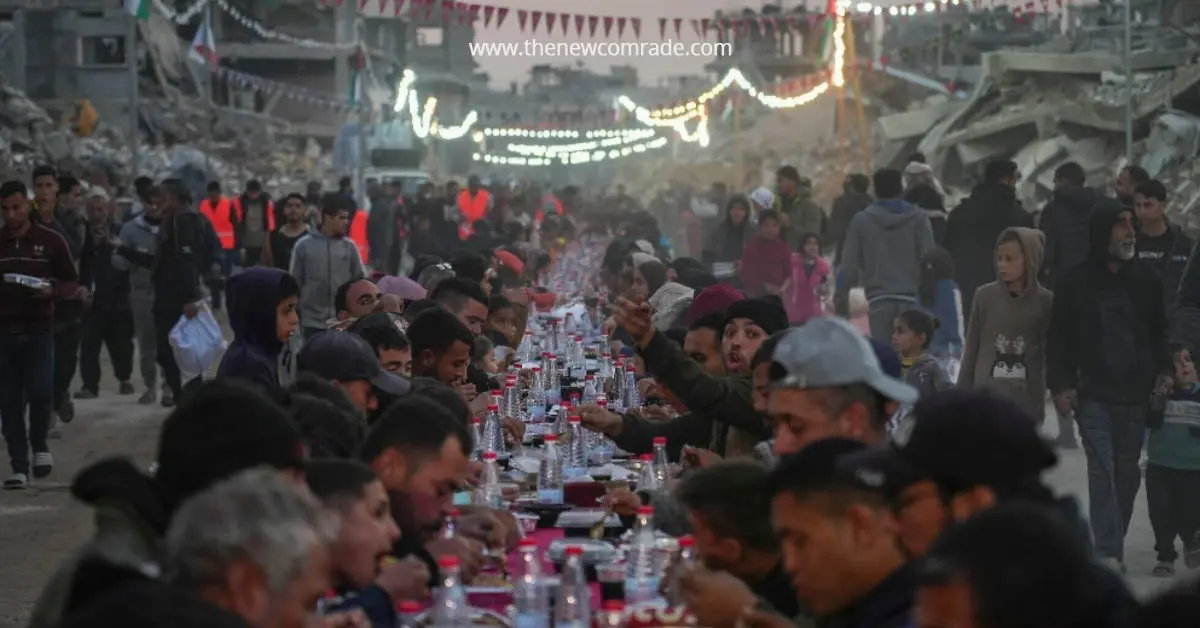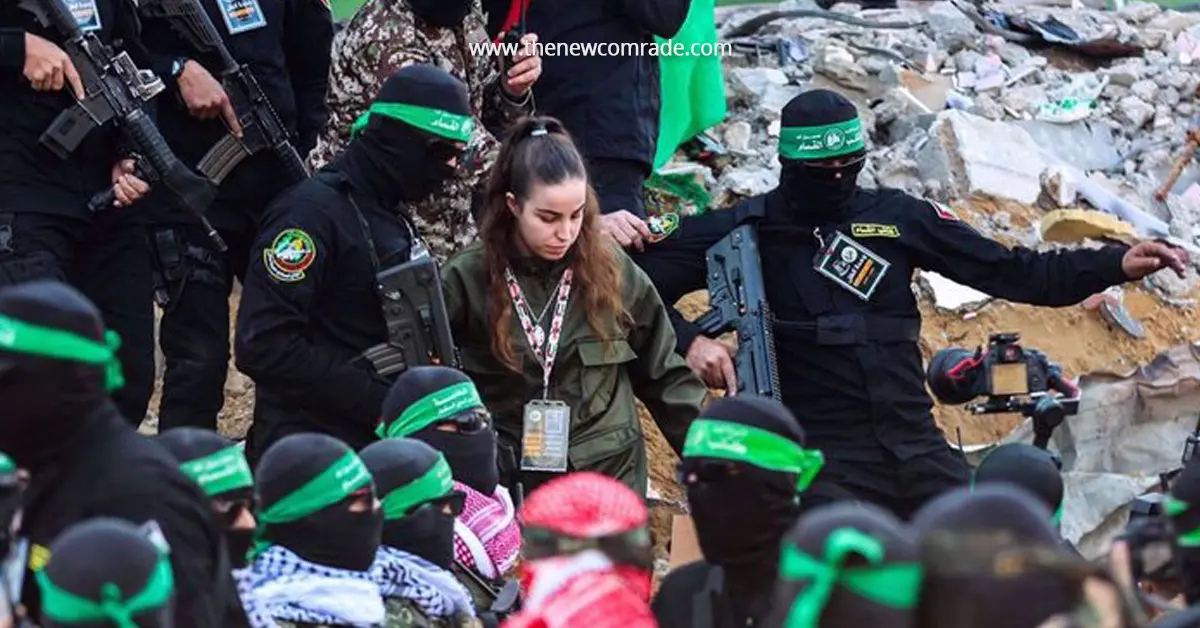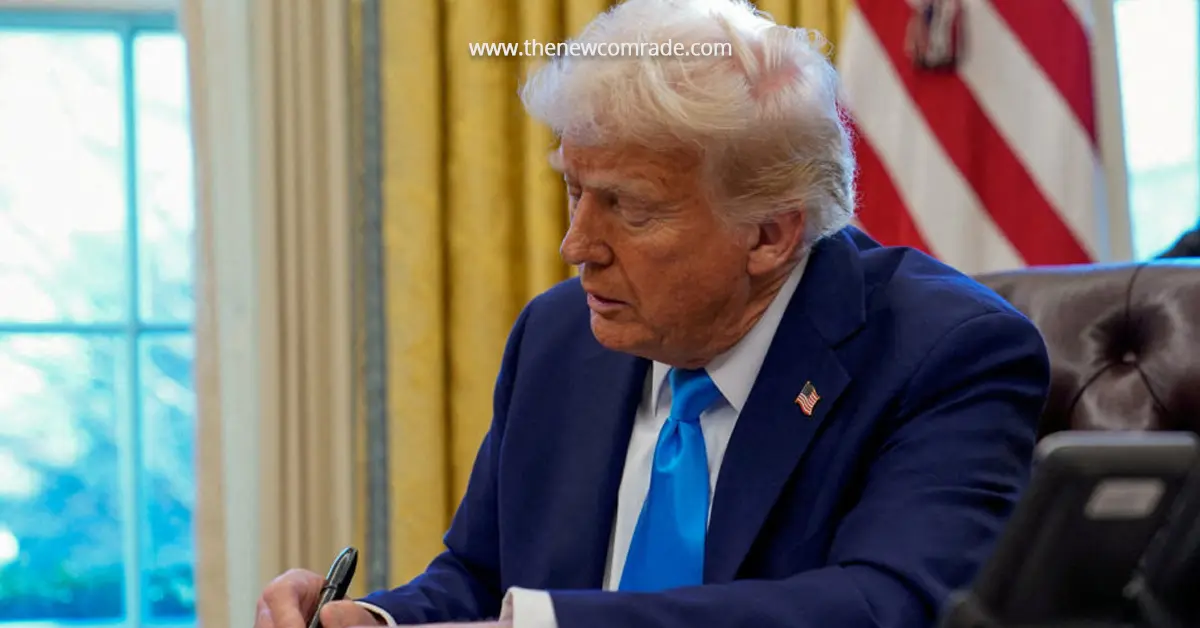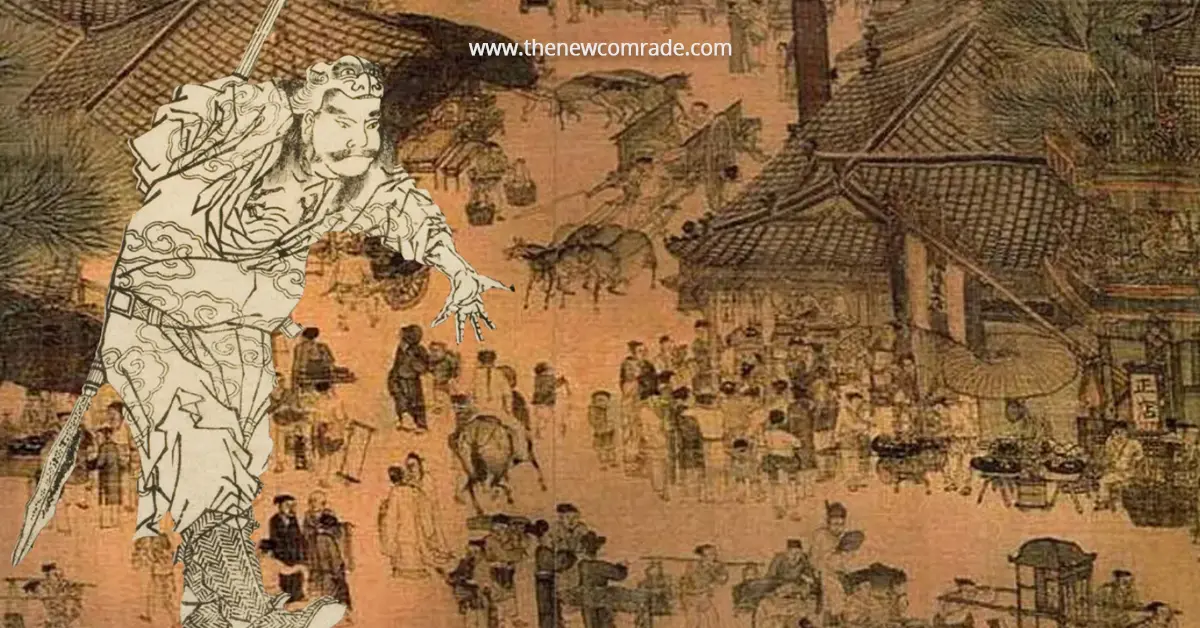In a significant disclosure related to the Shri Krishna Janmabhoomi-Shahi Eidgah dispute in Mathura, a recent Right To Information (RTI) inquiry has revealed damning evidence concerning the alleged involvement of the Archaeological Survey of India (ASI) in the controversy. The inquiry, initiated by Ajay Pratap Singh from Mainpuri, sought information on temples nationwide, particularly focusing on the birthplace of Shri Krishna in Mathura. Shockingly, the obtained data from the ASI department in Agra divulges that Mughal ruler Aurangzeb’s role in the demolition of a temple to make way for the Shahi Idgah Mosque.
The ASI, in its response, referred to a Gazette published in 1920 during British rule, asserting that the Katra Keshavdev Temple previously occupied the mosque’s current site. According to the provided information, the temple was reportedly demolished, and the mosque was constructed in its place.
Advocate Mahendra Pratap, President of Krishna Janmabhoomi Mukti Nyas, emphasized the intention to present this evidence in both the Supreme Court and the High Court. The controversy gains significance with the Gazette documenting the Keshav Dev temple at Katra mound, suggesting its replacement by a mosque, a crucial piece of evidence supporting the claim that a temple was indeed demolished.
Drawing parallels to the Ayodhya conflict, where Hindus claim that Aurangzeb orchestrated the destruction of a temple replaced by a mosque, the Mathura dispute centers around ownership rights to a total of 13.37 acres of land. Shri Krishna Janmasthan asserts its claim to 10.9 acres, while Shahi Idgah Mosque holds rights to two and a half acres.
The Hindu side argues that the mosque is an unauthorized encroachment and calls for its removal, advocating for the land to be returned to Shri Krishna’s birthplace. The newly-obtained RTI information strengthens their stance and is poised to be a pivotal piece of supporting evidence in the ongoing legal confrontation.
